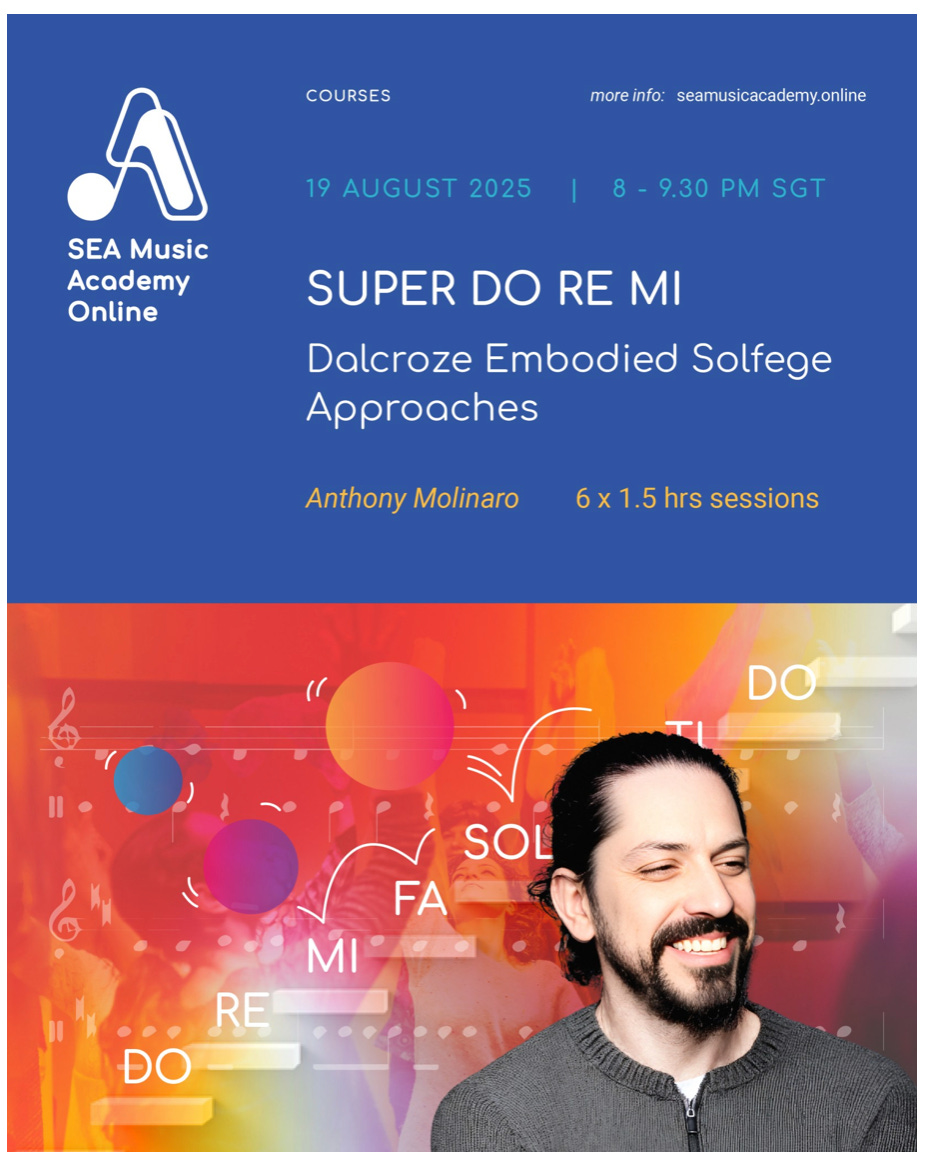I often say “no one was worse at teaching than me, when I first started.” Honestly I was a disaster. It took me years of trial and error to gain any kind of success in the classroom, but I eventually got the hang of it! If I could contact my former self, in my first years in the classroom, I would give myself some sage advice. “Don’t let the kids spray bug repellent on the floor and make a slip n slide” would be my first advice (that’s a true story). But after that, I’d offer these 5 nuggets to help save myself years of agony and despair. But first…
Housekeeping:
Welcome to all our new subscribers! I’m glad you found your way to MusicXT and I hope you can find lots of great ideas here! Check out this awesome testimonial from Charise!
Thanks Charise! If you have been thinking about upgrading to the TEAMM subscription, now’s the time! For the BACK TO SCHOOL RUSH, we’re offering a 40% discount for annual subscriptions! This offer ends on 9/1 so don’t wait! Click the button below to upgrade at a DISCOUNT!
I’m excited to announce an ONLINE COURSE available in the fall. This one is in conjunction with South East Asia Academy Online, and will be hosted by the Singapore based company. The course, however, will be available globally, so feel free to sign up! The class will meet in the morning (Eastern Time Zone) but will be available asynchronously. It will be all about SOLFÈGE and how movement can improve aural skills!
And don’t forget about MAKE IT MUSIC! If you haven’t bought our book yet, what are you waiting for?
From the Archive:
Music-Driven Classroom Management
This post will serve as the session-notes for the NAfME webinar entitled “Music-Driven Classroom Management” presented on April 18th, 2023. Thanks so much for coming to this webinar and being a part of this important conversation! Please subscribe for free to this SubStack newsletter, and I’ll upgrade you RIGHT NOW behind the paywall so you can access t…
Teaching music is a unique endeavor. Much of the conventional wisdom subscribed to by classroom teachers just simply does not apply. Our subject is unlike any other. First of all, it is FULLY participatory. There’s no independent work time, no chance to walk from desk to desk and give individual feedback. The teacher has to be ON the entire class period. Frankly it’s exhausting. Here are five tips that I wish I would have known in my first years.
1. Movement Is the Magic Cure for Classroom Management
I used to think classroom management meant having clever rules, a reward system, and a serious teacher face. And yes, clear expectations matter—but here’s what I wish someone had told me:
If the kids are off-task, it’s often because their bodies need something they’re not getting.
Movement is not a break from learning—it is the learning. Getting students up, engaged, and physically involved in music helps channel their energy, sharpen their focus, and make your class run way smoother. Movement prevents problems before they start—and it makes music more meaningful.
2. Take Notes. Learn from Your Mistakes. Prevent Problems Before They Happen (Next Time).
Every lesson teaches you something too.
Early on, I started scribbling a few thoughts after each class: what went well, what fell flat, what behavior issues came up, and what I could tweak next time. That habit became my secret weapon.
The best classroom management isn’t reactive—it’s preventive. And reflection is how you get better at preventing the chaos before it begins. If you are seeing a problem repeatedly, figure out how you can SET IT UP differently next year. Look at this as a multi-year project. Give yourself some grace as you figure these things out.
3. Don’t Talk So Much
I know you have a degree in music. I know you can explain complex concepts with fancy words. But the truth?
The more you talk, the less they listen.
Instructions should be sequential and succinct. Better yet, use music to communicate whenever possible. A drum beat to start a transition. A melody for a direction. A gesture for a cue.
Let the music do the talking—and watch your classroom transform.
4. Make Lesson Plans—But Be Ready to Throw Them Out
Yes, planning is important. But the most magical teaching moments happen when you’re present enough to follow what’s happening in the room, not just on the page.
That’s one reason I co-created Make It Music—a resource that helps music teachers build flexible, movement-rich lessons on the fly. The card decks let you mix and match musical ideas, adjust to your class’s energy, and find joy in the moment. (You can learn more here.)
Plan thoroughly. Adapt freely.
5. Teach Procedures and Transitions—On Day One
The way you line up. The way you hand out scarves. The way you move from circle to partners. These are the small things that make or break a music class.
Don’t wait to teach them. Model and practice your procedures from the very first day, just like you’d rehearse a performance.
If you skip this step, you’ll be doing damage control by October. If you do it well, you’ll be conducting a classroom that runs like a symphony.
Final Thought: You’re Not Alone
Your first year will be messy, magical, exhausting, and unforgettable. But you’re not doing it alone. Other teachers (like me!) are out here rooting for you—and sharing what we’ve learned.
If you found this helpful, consider subscribing to this Substack. I write about music education, movement, and how to teach with joy. Let’s make your second year even better than your first.








